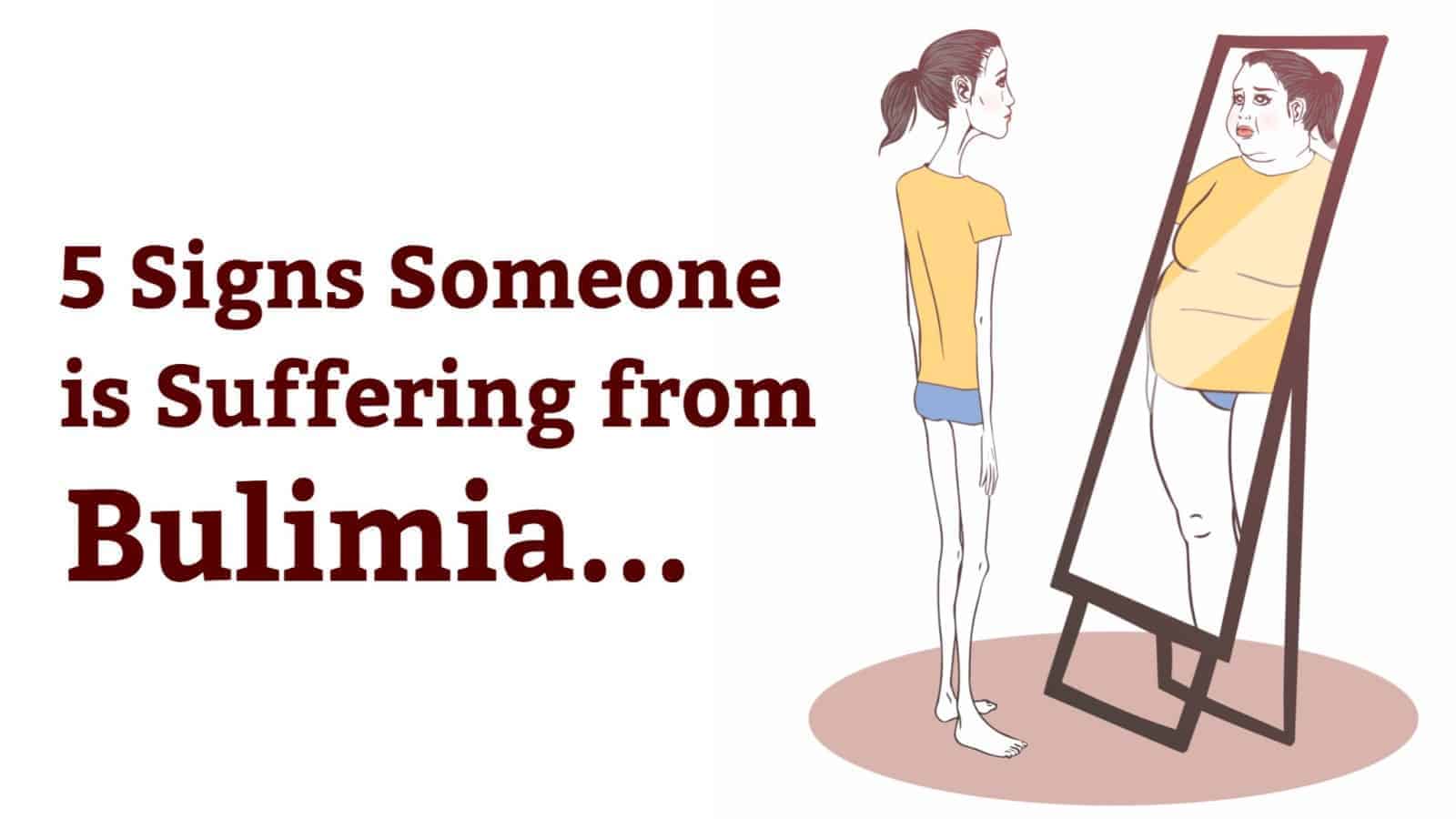For decades now, health and nutrition experts have been warning Americans about their unhealthy eating habits. Maybe you and your family have adopted a healthier lifestyle of good food choices and exercise. However, what if you are obsessing about nutrition and it is interfering with your daily life? For people with orthorexia, it becomes a dangerous obsession.
You may spend too much time researching nutrition, micronutrients, macronutrients, etc. By the time you have the meal on the table, you are in a flurry of anxiety and can’t enjoy being with your loved ones. Even when you are seated with them, all you can talk about is fat content and protein.
What is Orthorexia?
There’s nothing wrong with having a desire to eat better, exercise, and keep your body in shape. The obesity epidemic in the United States has many health experts alarmed. You do well when you take care of your body and follow guidelines for optimal nutrition.
 Nevertheless, some people push their desire a little too far. The iconic writer Oscar Wilde said, “Everything in moderation, including moderation.” It’s applaudable that you want to eat healthier, but it can’t be the center of your life.
Nevertheless, some people push their desire a little too far. The iconic writer Oscar Wilde said, “Everything in moderation, including moderation.” It’s applaudable that you want to eat healthier, but it can’t be the center of your life.
Experts dub this debilitating obsession with a severe eating disorder characterized by an obsession with healthy foods. This condition goes beyond just wanting to eat nutritiously.
A person’s life with this obsession is consumed with reading labels, counting calories, and omitting whole food groups.
What Causes Orthorexia?
Medical experts aren’t sure what causes this eating disorder, but they believe that it is as psychological as other obsessions. Some studies show that people who have this compulsion were also diagnosed with obsessive-compulsive disorder.
Sources say that the disorder was finally identified in 1998. Experts believe that those who battle the disease started with the desire to eat a more nutritious diet. Many of these people may have been overweight or obese, and they traded one obsession for another.
Eating disorders like anorexia nervosa and bulimia are usually more prominent in women than men. However, studies about gender are conflicted. For the most part, men are just as apt to have this condition as women.
10 Warning Signs that You May be Orthorexic
This eating disorder goes beyond wanting to eat healthy whole foods to stay fit. Have you recently lost weight and are concentrating hard on diet and exercise? It only becomes a problem if your good habits turn into an obsession.
Being orthorexic is a serious condition that needs to be treated. Fortunately, there are ten signs that your healthy living is turning into an obsession.
1. You Are Constantly Obsessing About Nutrition and Eating Right
Nobody can fault you for wanting to consume healthy food for your body. After all, isn’t that what medical experts are recommending? Unlike other apparent eating disorders, orthorexia Nervosa starts so subtly that it’s difficult to detect.
Does your anxiety peak unless you can read all the food labels and look for specific ingredients or food qualities? Is that all you can discuss all day at home or work, or especially during meals? Your healthy habits may be turning into a dangerous obsession.
2. Your Emotions are Controlled by Your Food Fixation
Once your good eating habits turn into an obsession, your whole train of thought and emotions are affected. It’s why many mental health professionals believe that being orthorexic is linked to obsessive-compulsive behavior. You are obsessed with what you eat and feel compelled to do specific actions to relieve anxiety.
If you are an orthorexic, you soon develop a set of unrealistic expectations or rules. Some of these may be only to eat a particular food or try to eliminate an entire food group from your diet. Your restrictions may also include reading all labels and obsessing about nutrition information in the media or online.
3. You Try to Apply Your Rules to Other People
Like other eating disorders, orthorexia Nervosa doesn’t just affect the person who has it. It branches out to involve family, friends, and co-workers. Soon, you expect others to follow the irrational eating rules you’ve created in your mind.
Spending time around an orthorexic can be tense and exhaustive. Have you noticed that you dominate the conversation with your healthy food obsession? Perhaps you judge others by their weight and what they should or shouldn’t be eating.
People tire quickly of hearing you recite calories or “point” values for every dish on the table. After a while, family and friends may avoid your company because they feel like you are trying to be superior and judgmental. It helps when they realize that you have an eating disorder and you can’t control it.
4. You Go Overboard with Food Preparation Rituals
Wash your produce and follow healthy food preparation and storage guidelines. You and your family’s safety depend on it. However, it becomes an obsessive-compulsive issue when you never believe it’s right, no matter how hard you scrub and obey the rules.
 5. You Are Suspicious of Foods that Others Prepare
5. You Are Suspicious of Foods that Others Prepare
If you follow a healthy diet, it’s okay to ask how a particular dish is prepared in a restaurant or to ask for reasonable accommodations. Most restaurants understand and are more than happy to serve sandwiches without bread or salads without dressing. If you’re orthorexic, you may avoid going to restaurants altogether.
How do you know their food is organic or they aren’t using palm oil? You may also start avoiding invitations from family and friends for dinner. Your obsession won’t allow you to eat any food unless you’ve prepared it your way.
6. You Compulsively Eliminate Certain Foods from Your Diet
Yes, you should try your best to eliminate as many overly processed foods as possible from your diet. Nutrition experts also recommend that you watch your intake of saturated fats and other foods that contribute to obesity and disease. These are reasonable steps to take for a healthy lifestyle.
However, your body needs a variety of foods, as represented by the USDA food pyramid. People with orthorexia Nervosa are often vulnerable to fad diets that eliminate certain foods or a whole food group. Unless you have health restrictions from your healthcare provider, such eliminations can cause malnutrition and other health concerns.
7. You Develop a Fear of Food and Obsess About Your Health
For most people, food is simply the fuel that makes your body run efficiently. When you eat correctly, your body will stay fit and healthy. If healthy eating turns into an obsession, you may start to fear food and worry that something will give you a disease.
It’s admirable to follow healthy eating guidelines for your well-being. But when you are orthorexic, not even your nutritious habits satisfy you. The obsession, anxiety, and depression create a dangerous vortex that can affect you mentally, physically, and spiritually.
8. You Obsess About Unrealistic Expectations Created by the Media
You can’t turn on the TV or open a magazine without finding at least one advertisement for a diet plan or supplement. The health and fitness industry makes billions of dollars each year on things that may be more hype than factual. Americans are constantly bombarded with unrealistic images of the “perfect body.”
While orthorexic people are concerned about staying fit, they aren’t usually fixated on unrealistic body image. Instead, they obsess about the process, such as healthy eating rules. They may be the first to buy pills and supplements they believe are “healthy,” even though the products’ claims are unsubstantiated.
9. You May Experience Mood Swings
When you have orthorexia Nervosa, your sense of happiness may be skewed because of your thinking. If you are following your self-imposed healthy eating rules, you may feel on top of the world. The euphoria may be short-lived because you may also battle guilt associated with your obsessive thoughts.
As with someone with obsessive-compulsive disorder, your guilt can fire up your anxiety and depression. The only way you can suppress these feelings is by obsessing and following your healthy eating rules.
10. You Start to Become Malnourished
People who are orthorexic think they are eating a healthy way, but that’s not the reality. Since they often eliminate whole food groups and usually follow fad diets, they may develop severe malnourishment. If you are an orthorexic, you may be having health issues that only make your obsession worse.
 Final Thoughts on Orthorexia Nervosa
Final Thoughts on Orthorexia Nervosa
Unless this eating disorder is treated, it can lead to severe mental and physical conditions. Fortunately, it can usually be treated successfully with a blend of medication and therapy. The first step is admitting you have a problem.
You needn’t battle an eating disorder like orthorexia Nervosa alone. Your primary healthcare provider can guide you to the specialists that you need. You can be free of the obsessive thoughts and unrealistic expectations and get back to the life you love and enjoy.

















